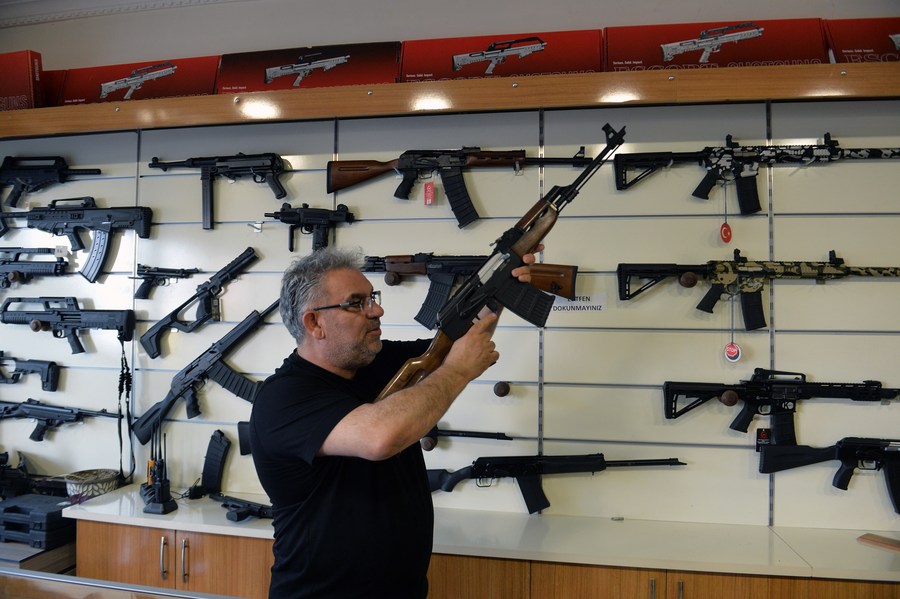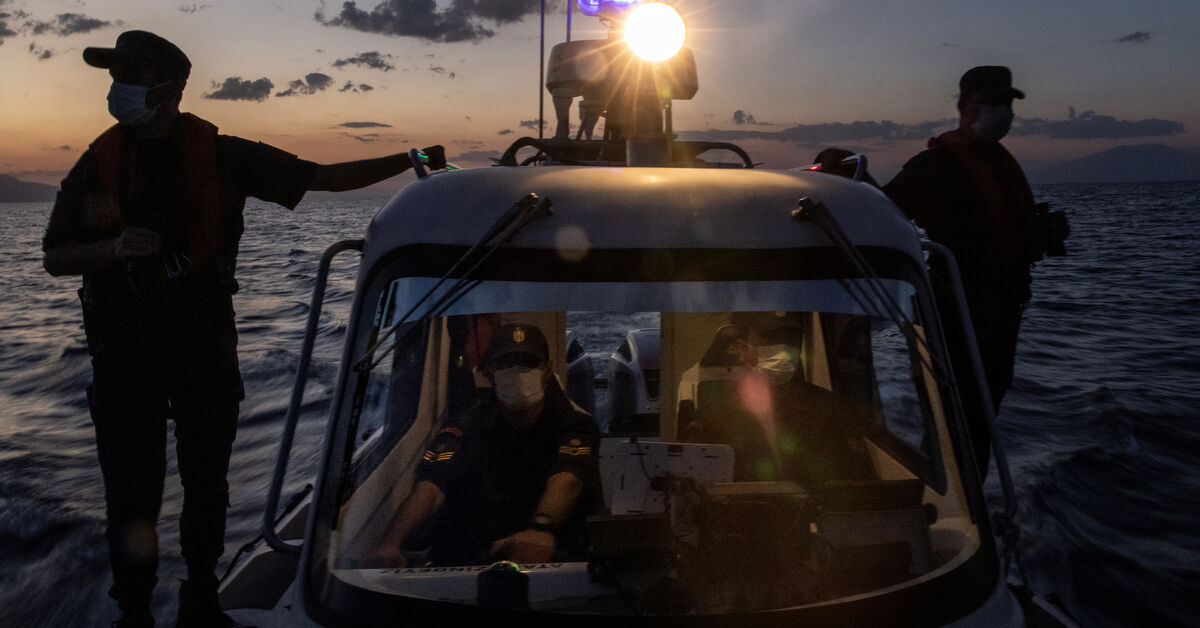Analysis | Why Turkey’s Erdogan Faces His First-Ever Runoff Vote
1. Why do Turkish elections matter?
Straddling Europe and Asia and controlling access to the Black Sea, Turkey is strategically located. After the US, it has the second-largest army in NATO. That alliance has been strained over the purchase of Russia’s S-400 missile-defense system by Erdogan’s government and by its continuing objections to Sweden’s joining NATO. Erdogan’s rivals vowed to improve relations with Turkey’s traditional allies in the West and to dismantle the authoritarianism that has marked his rule.
2. What happened in the first round?
While Erdogan came top with 49.5% of votes, neither he nor Kilicdaroglu secured the 50% share needed for an outright win, so the two now go head-to-head to decide the winner. Erdogan’s campaign team was upbeat as most opinion polls before the vote had predicted a narrow win for Kilicdaroglu. A surprise showing by Sinan Ogan, a third candidate who ran on an anti-immigrant platform in the first round, was key in keeping the front-runners from securing a majority. Ogan later endorsed Erdogan for the second round while Umit Ozdag, another eliminated anti-immigration candidate, announced his support for Kilicdaroglu. Erdogan’s ruling alliance won a majority in parallel parliamentary elections.
3. What challenges does Erdogan face?
Erdogan remains Turkey’s most popular politician, but with the rapid erosion of purchasing power in the country, his Justice and Development Party has lost some of its support. Turkey’s opposition parties have rarely coordinated strategy in the past, but this time Erdogan faced a serious challenge from a six-party bloc. Moreover, the elections come in the wake of the devastating February earthquakes that left more than 50,000 people dead. Survivors and opposition parties have accused the government of not responding to the disaster adequately.
4. Why are prices so high?
The cost-of-living crisis is the worst in two decades. It’s especially affected the poor, who had been among Erdogan’s most stalwart backers. Turkey’s inflation rate slowed to 50.5% in March, having reached a 24-year peak of 85.5% in October. Pandemic disruptions and the war in Ukraine have fueled inflation in many nations, but Erdogan’s unconventional economic views have amplified the problem in Turkey. While many central banks have increased interest rates to combat inflation, Erdogan takes the unorthodox position that doing so has the opposite effect. Under pressure from him, Turkey’s central bank has cut rates. Chronic inflation is eroding citizens’ purchasing power even after the government significantly increased pensions, civil servants’ pay and the minimum wage. Erdogan announced further wage hikes for state employees in the days before the elections as he sough to drum up support.
5. What does Kilicdaroglu stand for?
Backed by a broad grouping of opposition parties, Kilicdaroglu is running on a promise to restore the rule of law, mend strained ties with the West and return to economic orthodoxy. A soft-spoken bureaucrat and economist by training, he accuses Erdogan’s government of covering up the true state of the economy and the country’s finances. He’s promised to undo the executive presidential system introduced by his rival five years ago in favor of a stronger parliament. Kilicdaroglu has also pledged to restore an “autonomous” central bank. Erdogan has the power to directly appoint and fire the bank’s governor and members of its monetary policy committee.
6. What are the Islamist parties supporting Erdogan?
Erdogan, whose party was already partnered with the smaller Nationalist Movement Party, in late March widened his alliance to include two fringe Islamist parties. One of them, Huda-Par, wants to sever ties with Israel and prevent Sweden from joining NATO because an activist burned a Koran in Stockholm in January. Huda-Par was founded by people linked to a pro-Kurdish militant group called Hezbollah that isn’t related to the Lebanese group of the same name. Erdogan’s other new ally is Yeniden Refah, run by the son of the country’s first Islamist prime minister and Erdogan’s one-time mentor Necmettin Erbakan. It seeks an education system that prioritizes spirituality as much as scientific knowledge.
–With assistance from Beril Akman.
More stories like this are available on bloomberg.com




